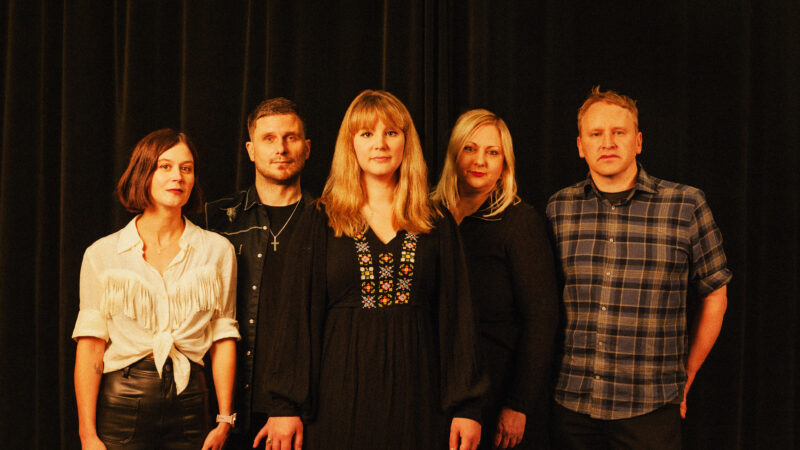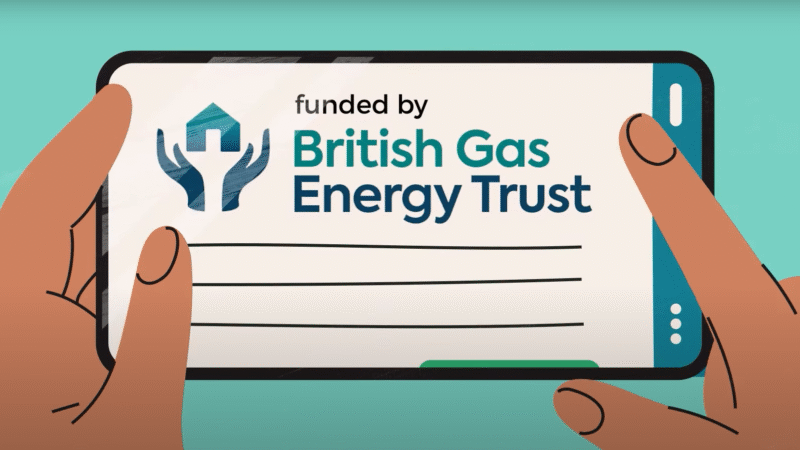Thousands of unpaid carers benefiting from peer support as Carers UK celebrates 500th online meetup event

This week marked the 500th online meetup delivered by the national charity Carers UK for people caring unpaid for an older, disabled or seriously ill family member or friend.
‘Care for a Cuppa’ is one of the charity’s weekly meetups that aims to give carers a virtual space to take a break from caring and talk to people who understand what they’re going through.
The sessions started in April 2020, shortly after the Government’s first COVID-19 restrictions were put in place, to help carers who were feeling isolated as a result of the COVID-19 pandemic. There are now regularly between four and six sessions every week, which are attended by carers from across all nations of the UK.
Together with virtual Share & Learn sessions which aim to foster carers’ health and wellbeing, develop their skills and provide them with vital information and support, Carers UK’s Care for a Cuppa meetups have seen carers join more than 7,000 times, since April 2020 and the sessions are now an established part of the support Carers UK provides.
93% of attendees say they feel better for joining the sessions, benefitting from being able to speak openly with other carers and receiving emotional support from people who understand their challenges.
Jaycee resigned from her 30-year nursing career to become a full-time carer for her mother who is in her early 90’s. She regularly attends Carers UK’s Care for a Cuppa sessions as well as Carers UK’s virtual Share and Learn sessions: “As a carer, I received no training on managing difficult emotions and coping with the ongoing pressure and responsibility of caring for loved ones. But through connecting with a positive network of support with other carers, I have gained strength in knowing that I am not alone.”
Annette cared for her late mother for more than 11 years and sought support from Carers UK following her mother’s death: “The past 12 months or so have been the most challenging, sad and life-changing months of my life. Having cared for my dear mum for the past 11½ years, my role as a carer came to an end on 20 June 2022. The loss was immense and left a huge gaping hole. I felt alone and all at sea.
“I turned to Carers UK, and I’m so immensely glad that I did. I found a welcoming community of caring people who simply understand. Carers UK is amazing and really kept me going when I was struggling in the early months of my grief. I joined in Care for a Cuppa sessions and took part in numerous Share and Learn sessions, which gave me a focus and really helped to keep my spirits up. I also made use of the Helpline and Listening Support Service. I can’t recommend Carers UK highly enough.”
Michael Shann, Head of Membership and Volunteering at Carers UK and host of the Care for a Cuppa online meetups, said:
“We’re really excited to have delivered our 500th online meetup this week. Running the Care for a Cuppa and Share and Learn sessions has transformed how we support carers and it’s been a privilege to hear from so many carers about how the sessions have helped them in their caring roles. Many carers have urged us to continue running online sessions as the demands of their caring roles make it difficult for them to attend in person meetings in their areas. We also welcome the ideas suggested by carers for new sessions, such as support for when caring comes to an end. We always welcome new carers to these sessions and look forward to supporting many thousands more carers in the next 500!”
To celebrate the 500th online meetup on Monday this week there was some uplifting singing arranged by a regular attendee, Norman Blackmore, who joined from Wales. The group also spent some time reflecting on what the sessions have meant to them.
Carers UK are also holding a special afternoon of online wellbeing sessions on Monday 16th January from 2pm to 5.15pm in a Brightening Blue Monday event. Blue Monday has been dubbed the most depressing day of the year and over 800 participants have already signed up to take part in various activities including guided mindfulness, accessible and energising fitness, and much more. Unpaid carers will also have the chance to meet and connect with other unpaid carers with a focus on wellbeing and getting support to get through the winter.
If you care for a loved one and are interested in meeting with other carers in one of our Care for a Cuppa meetups, you can find out more on the Carers UK website: https://www.carersuk.org/help-and-advice/your-health-and-wellbeing/online-meetups/care-for-a-cuppa/
You can register up until 13:00 on Monday 16th January 2023 for the Brightening Blue Monday event.






